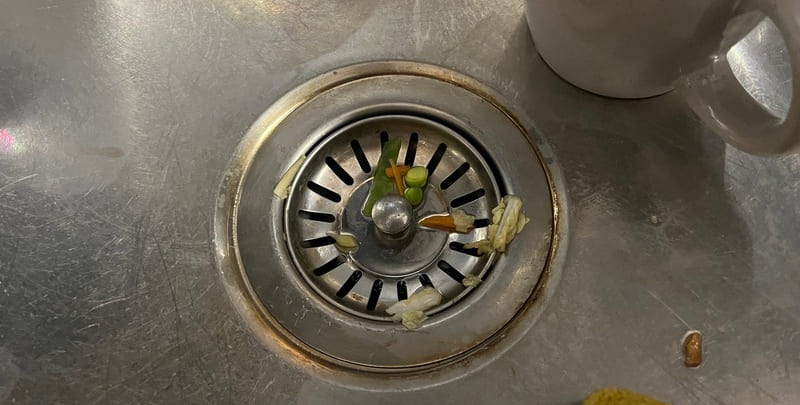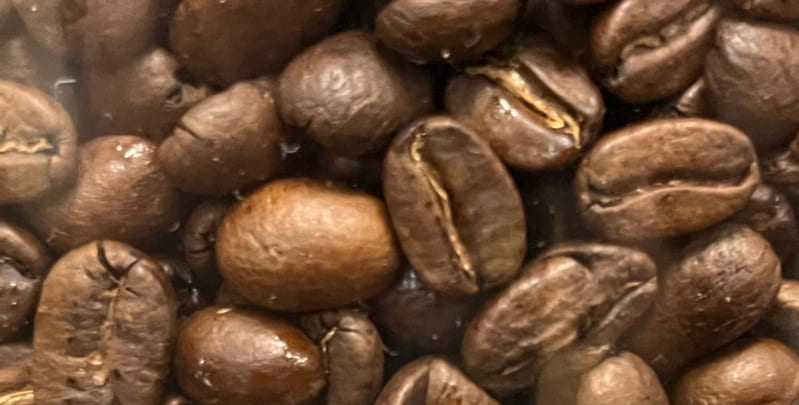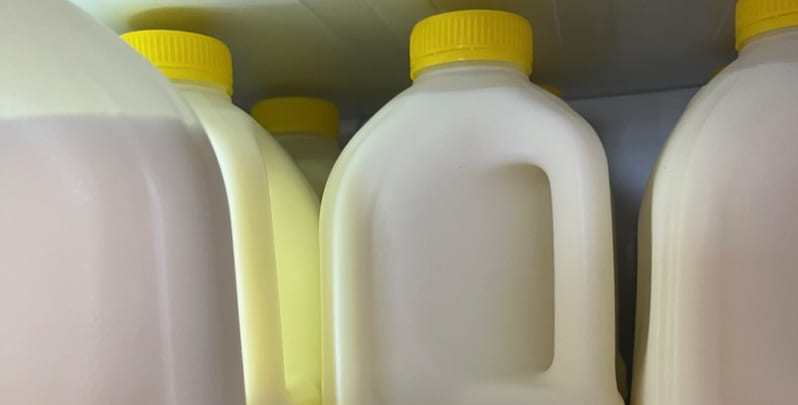Most people treat their kitchen sink like a trash can, letting anything that ends up in the sink simply wash away without a second thought. It seems harmless, right? After all, it’s just water and soap, so what could possibly go wrong?
Well, that’s exactly the problem. What we consider “harmless†often turns into a major plumbing nightmare down the line. A clogged drain is not only inconvenient but can also lead to costly repairs if left unchecked.
Your drainage system is a critical part of your home’s plumbing network. If it fails, you’re in for a lot of trouble. That’s why it’s essential to be mindful of what goes down the drain. Here are five things you should never put in your kitchen sink—because they can cause serious issues over time.
1. Food Waste
It’s easy to be lazy and just dump leftovers down the drain while washing dishes. But this habit can lead to major problems. Items like pasta, rice, and starchy foods absorb water and expand inside your pipes, creating blockages. Oily foods, eggshells, corn husks, and even potato peels can also accumulate and cause clogs.
Pasta and rice are especially problematic. They swell when wet, forming a sticky, gooey mass that can completely block your drain. Always scrape food scraps into the trash before washing dishes.

Excess Flour
Flour might seem harmless, but it can stick to the sides of your pipes and create buildup over time. This can lead to slow drainage or even full blockages. Always throw flour into the trash instead of down the sink.
2. Cooking Oils and Fats
Never pour cooking oil, grease, or fat down the drain. Even when cool, these substances can solidify and block your pipes. Hot oil is even worse—it can damage the pipes themselves over time.
Proper disposal methods include letting the oil cool, then wiping it up with paper towels and throwing it in the trash. Alternatively, pour it into a container and let it harden before disposing of it. These steps will help keep your drains clear and avoid expensive plumbing repairs.
3. Produce Stickers, Paper, and Packaging
Many people discard produce stickers in the sink while washing fruits and vegetables. These small plastic pieces can get stuck in your pipes and cause blockages over time. The same goes for paper products and packaging materials—never flush them down the drain.
4. Coffee Grounds
Coffee grounds may seem harmless, but they can clump together and form a thick, stubborn blockage in your pipes. While some claim they clean the drain, in reality, they often cause more harm than good. If you have a compost bin, use it for coffee grounds instead.

5. Paint and Chemicals
Paint, solvents, and other harsh chemicals are extremely dangerous for your pipes and the environment. They can corrode your plumbing and pollute local water supplies. Always dispose of these items through proper channels, such as recycling programs or hazardous waste facilities.
Bonus: Dairy Products
Milk, yogurt, and cheese can also cause problems. These substances are high in organic matter and can lead to bacterial growth and foul odors in your pipes. They can also curdle and create thick, sticky clogs. Always throw dairy products in the trash, not down the sink.

What Can You Put Down the Sink?
Stick to water and soap. Avoid putting anything else—especially solids, oils, or chemicals—down the drain. If you must dispose of something, use the trash or a compost bin. This simple habit can save you from expensive plumbing headaches.
Garbage Disposals: Not a Solution
Even with a garbage disposal, certain items like grease, coffee grounds, and starchy foods can still cause clogs. These systems are designed for limited use and won’t prevent long-term damage to your pipes.
Should You Get a Compost Bin?
A compost bin is a great idea. It helps reduce waste and keeps harmful substances out of your drains. Use it for food scraps, coffee grounds, and other organic materials. For non-compostable items, always use the trash.
What to Do If Your Drains Are Clogged?
If you notice slow drainage or a complete blockage, don’t try to fix it yourself unless you’re sure. Sometimes a plunger or drain snake can help, but in many cases, professional assistance is needed. In severe cases, drainage excavation may be required.
If you need help, contact a local plumber. Metropolitan Plumbing offers expert services for blocked drains and other plumbing emergencies.
Note: This information is for general advice only. Regulations vary by location, so always consult local authorities or a licensed professional before proceeding with any work. For more details, see our Terms & Conditions.
Ball Mill Grinding Ball,Grinding Ball For Mining,Forging Steel Balls,Forged Grinding Ball
SHANDONG SHENGYE GRINDING BALL CO., LTD , https://www.sygrindingball.com